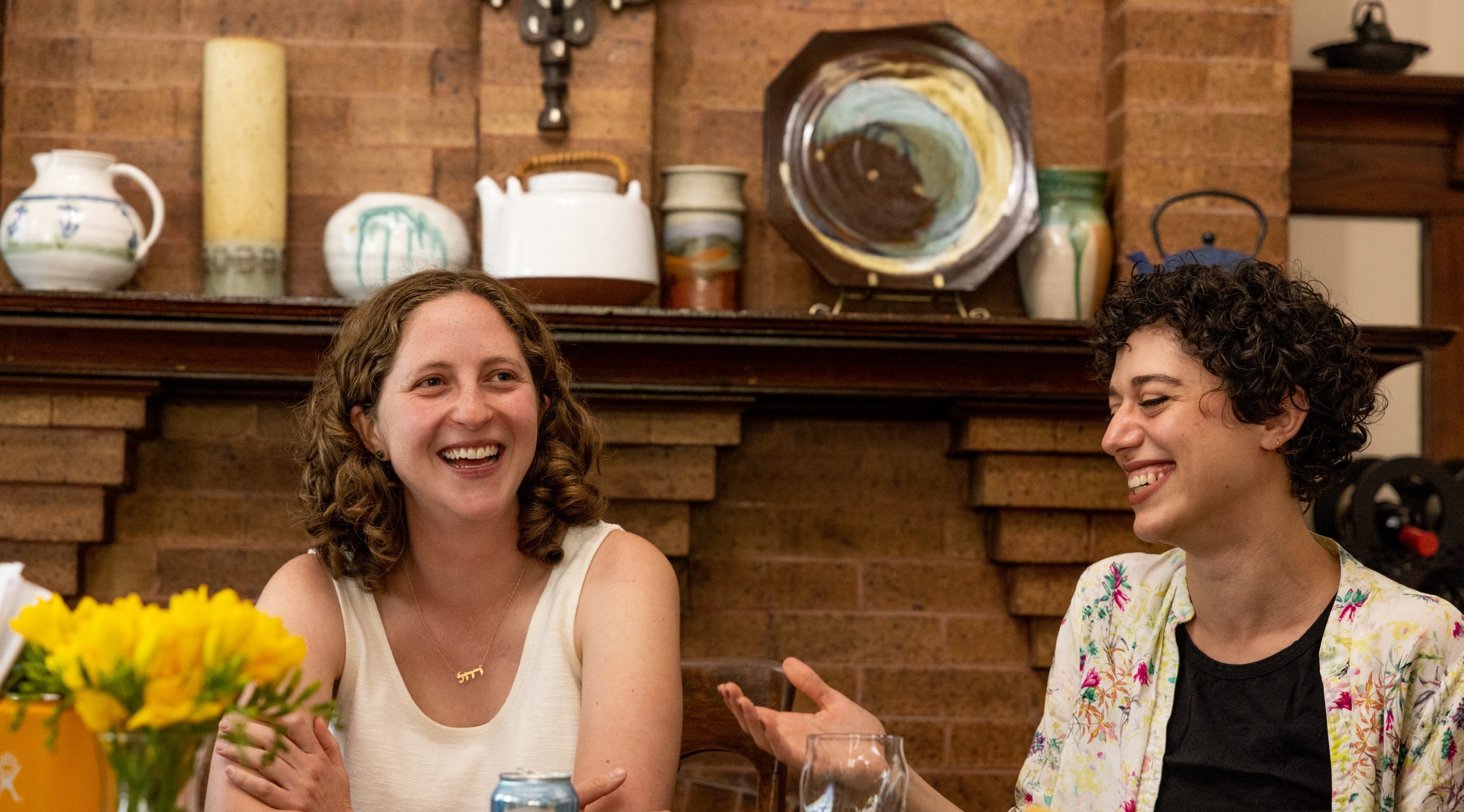It’s getting to the point where I dread checking the news or signing onto Facebook. The spiking of violence in so many parts of the world, including on our own streets, the unbridled vitriol, the screaming without listening, the hot rage – perhaps I am getting old and myopic, but I don’t remember seeing this much venom before. I feel my heart close up, pressure in my throat. It is so profoundly unpleasant. I dislike the anger rising up in me and I want to turn away. But somehow I can’t.
I am also aware that we are currently in the three weeks of mourning leading up to Tisha B’Av, which will be observed on August 14th this year. Some years, I must confess, this day commemorating the destruction of the Temples in Jerusalem feels a little counter-intuitive to me. It’s summer! It’s a time of abundance! And what is this about the Temple? Perhaps I can grasp it as a symbol, but really, why focus on grief and mourning now?
Then I read an excerpt from Rabbi David Jaffe’s soon-to-be-published book, Changing the World from the Inside Out: A Jewish Path for Personal and Social Change. Rabbi Jaffe differentiates between “hot anger,” which is passionate and explosive, and “cold anger,” which is grounded in grief and loss. According to Jaffe, this cold anger can lead to creative solutions to intractable problems. And I thought, “Aha!”
The rituals of mourning that accompany Tisha B’Av can help me surface the grief and loss that is lurking under the despair and anger. There is so much to grieve: the lost lives, the disintegration of civil discourse, the loss inherent in not feeling safe, the fear that all of this evokes. When I sit with the grief that is under the other emotions, I can connect back to my heart. I can feel my own vulnerability and humanity. I might even feel the vulnerability and humanity of those I cannot stand because I sense their grief as well. After all, we are so profoundly interconnected.
Tisha B’Av moves us from mourning into Shabbat Nahamu, the first of a cycle of readings of comfort and consolation. As my meditation practice these days, I am focusing on a chant to the words “Ahavah verahamim, hesed veshalom” – love and mercy, kindness and peace. It helps me both allow the grief to surface and to cultivate the qualities I sense are missing in the world. It is a comfort for me and one which I hope brings strength and loving commitment to a better world.


